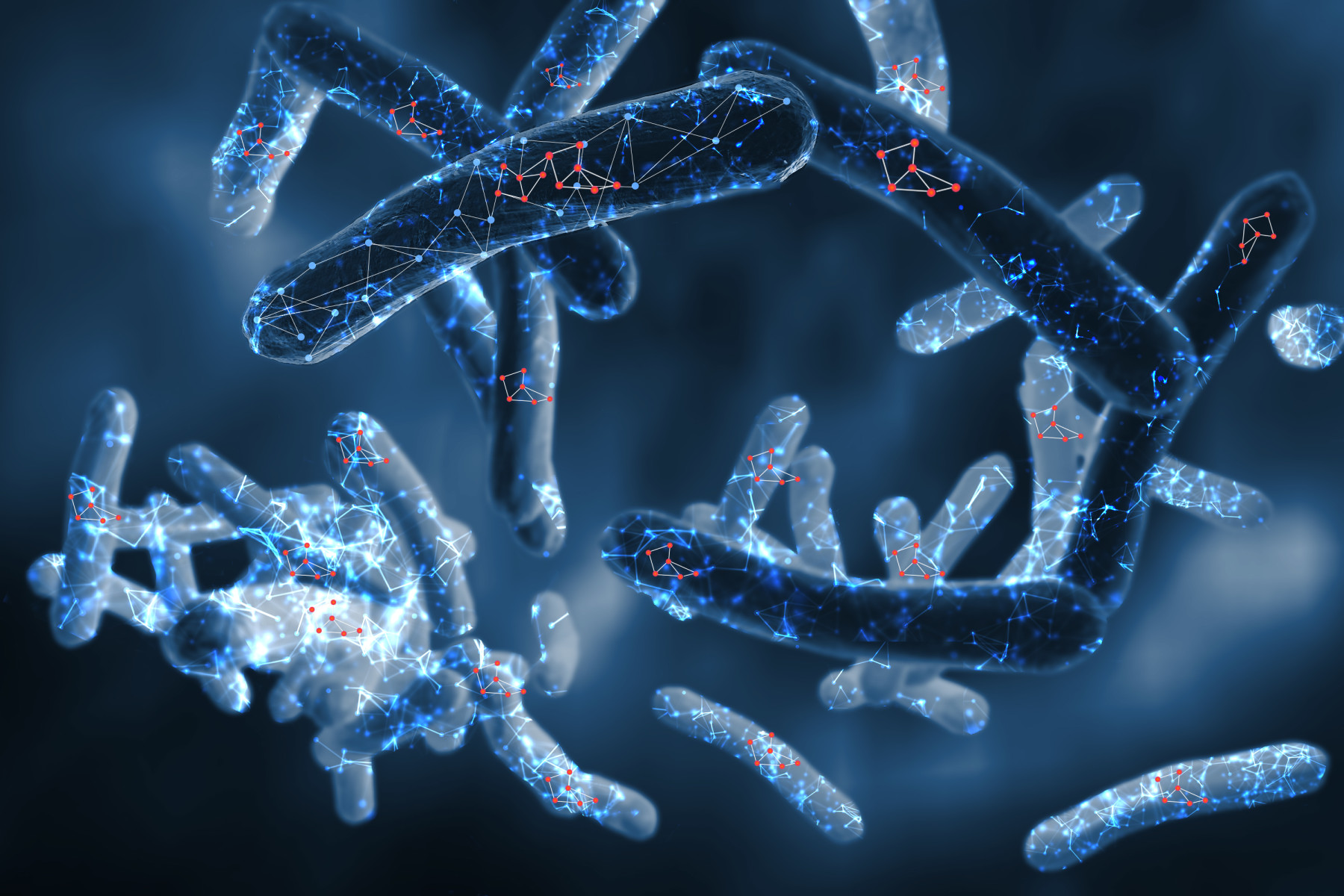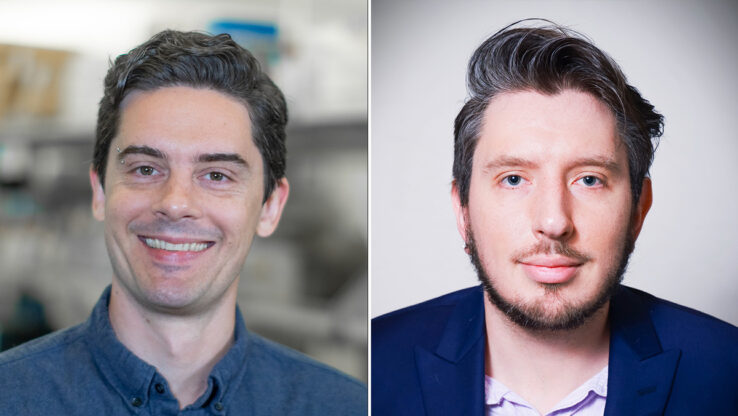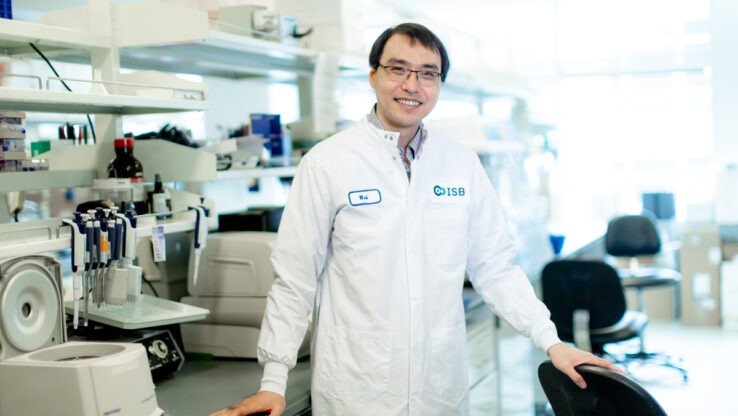Baliga Lab: New Publication in ‘Nature Microbiology’
 isbscience.org/news/2016/06/06/baliga-lab-new-publication-naturemicrobiology/
isbscience.org/news/2016/06/06/baliga-lab-new-publication-naturemicrobiology/
The Baliga Lab and colleagues at Center for Infectious Disease Research published (online in advance of print) this landmark study today in the journal Nature Microbiology:
Seattle researchers created a genetic blueprint of the cunning tuberculosis bacteria, then used it to predict and rank potential drug targets
3 Bullets:
- Researchers at the Institute for Systems Biology and Center for Infectious Disease Research have deciphered how the human pathogen Mycobacterium tuberculosis is able to tolerate the recently approved FDA drug
- The study demonstrated that silencing certain regulatory genes in the bacteria, or pairing with a second drug pretomanid, disrupts a tolerance gene network to improve efficacy of killing by bedaquiline.
- This systems-approach to rational drug discovery represents significant advance in the fight against tuberculosis, which affects a third of the global population, surpassing HIV/AIDS in the number of deaths worldwide.






